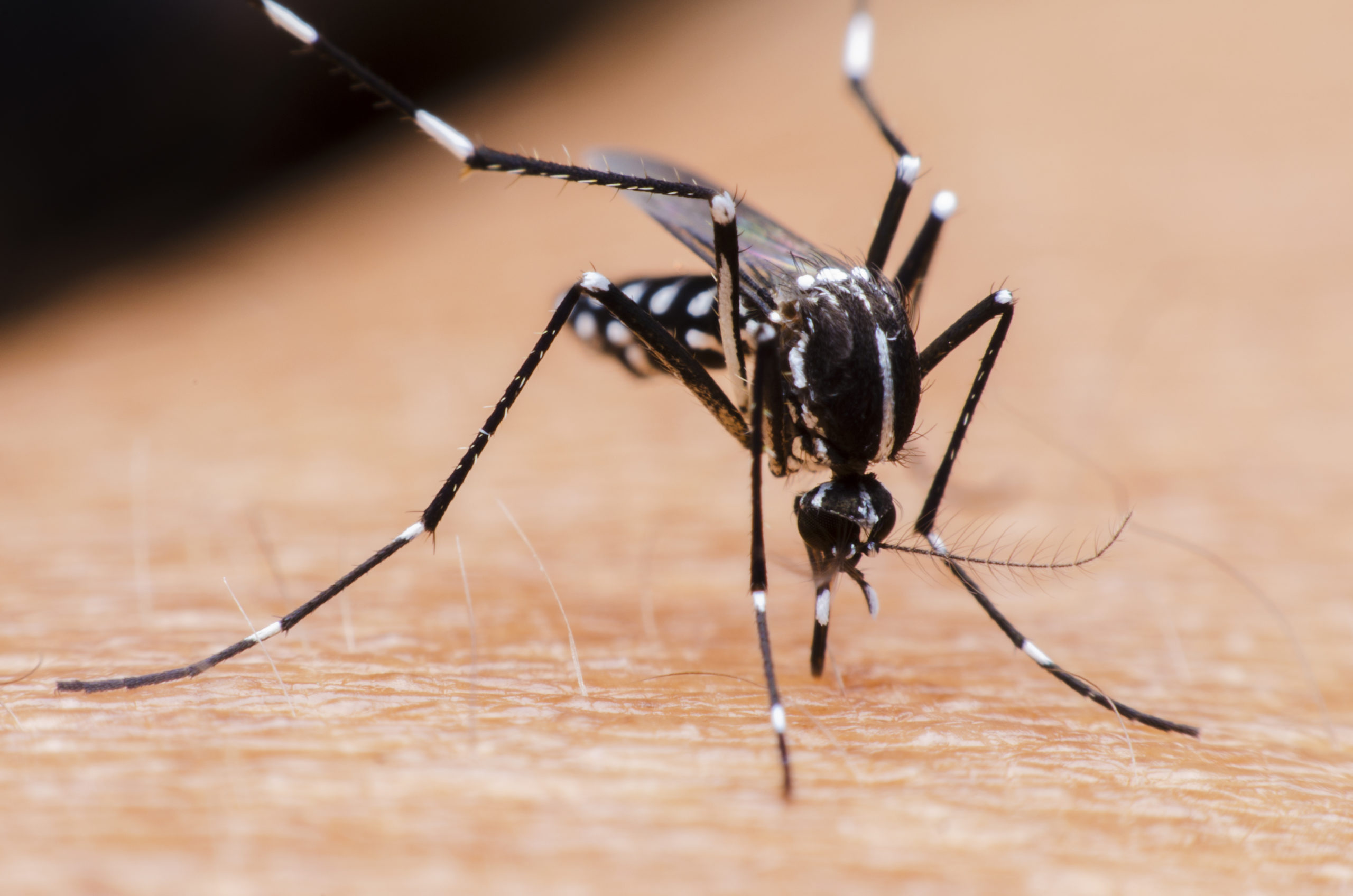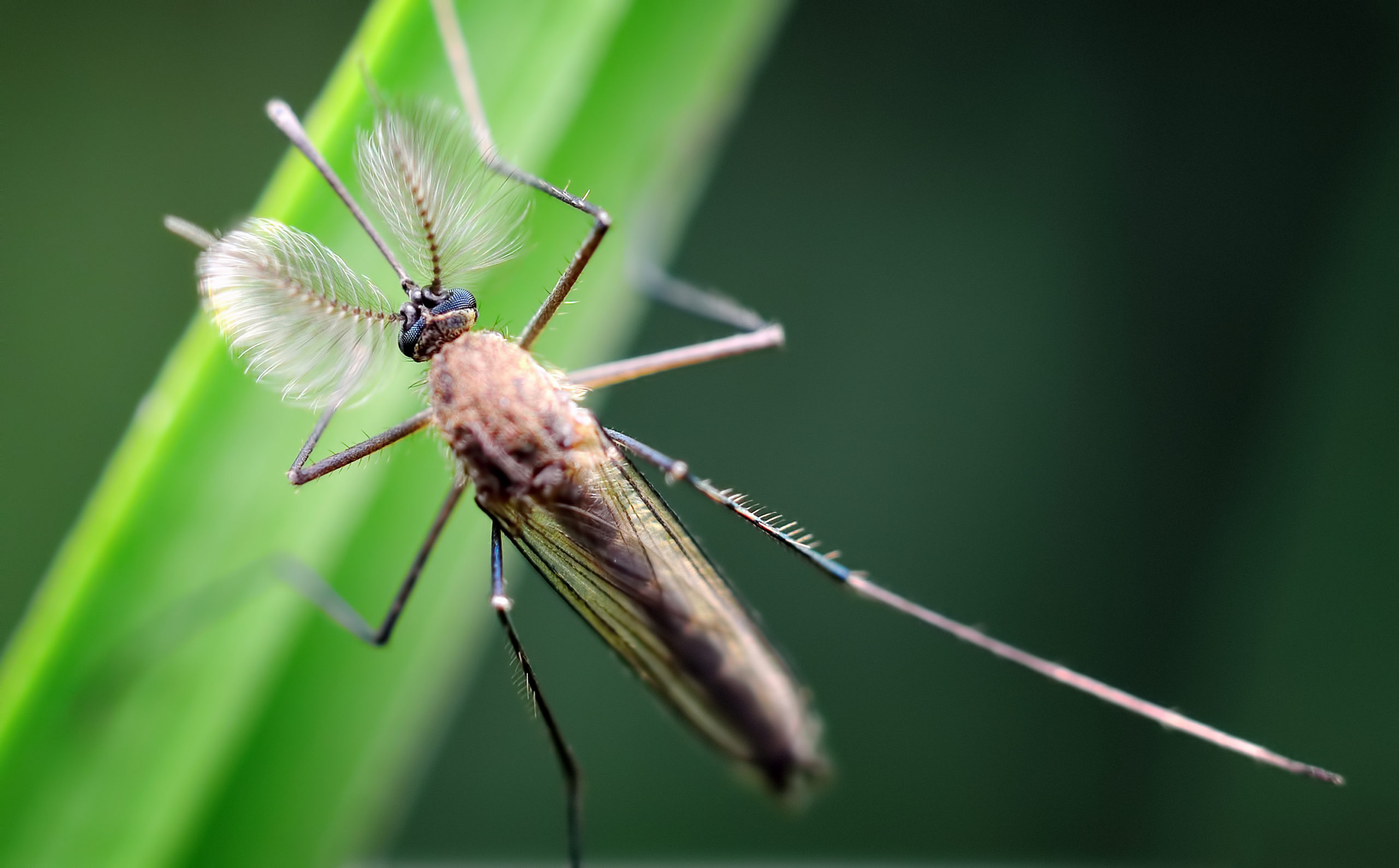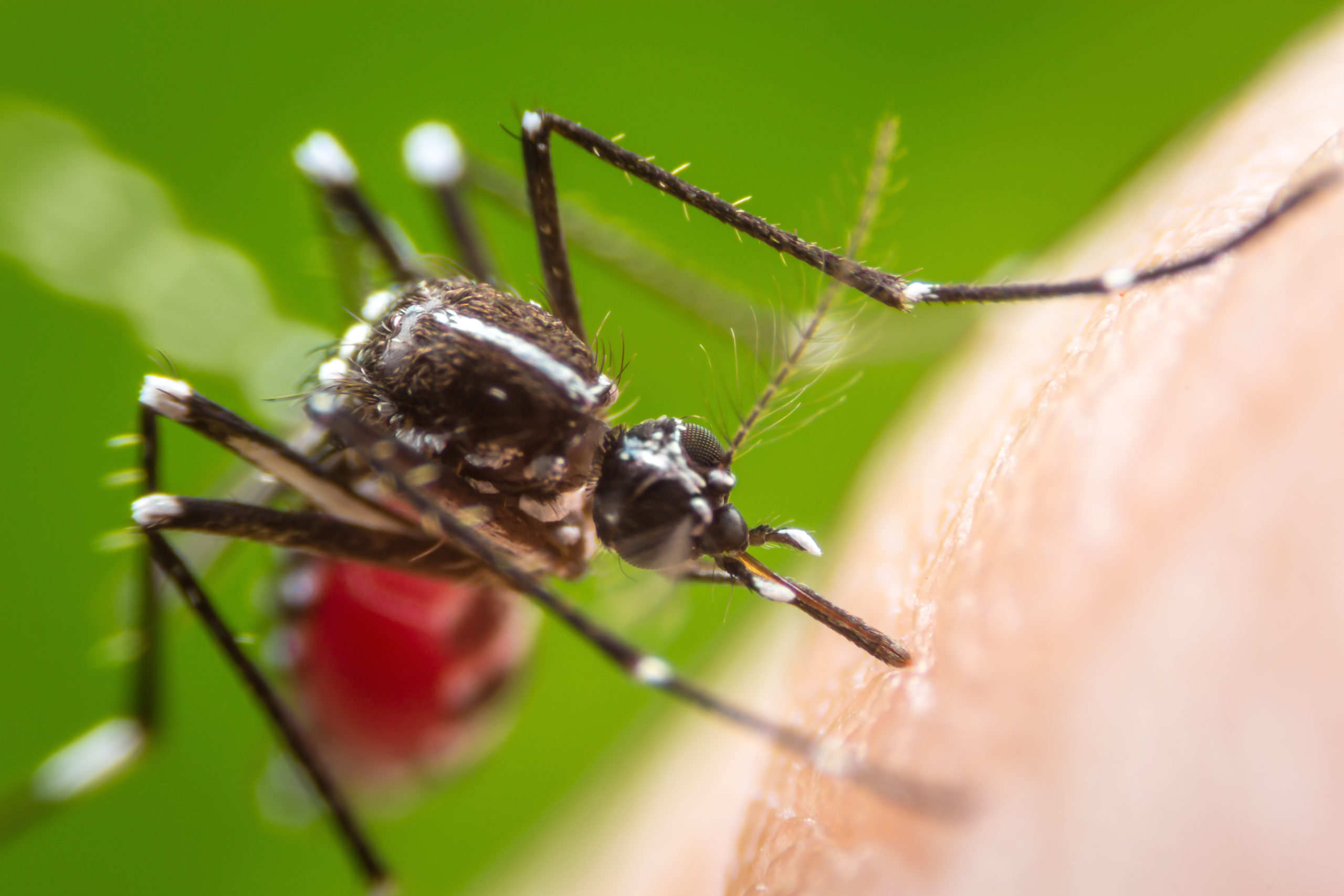


Mosquitoes are a prime example of the idea that it’s the small things that really break us. With their stinging, itching bites, these pests can easily ruin social gatherings. They’re also a critical vector in transmitting mosquito-borne viruses, bacteria and protozoa that can make people, pets and other creatures sick. However, the more researchers learn about mosquitoes, the better able they will be to protect all of us from their bite. Here are five examples of misinformation and some scientific facts to set them straight.
Mosquitoes Feed Solely on Blood
Like many other flying insects, both male and female mosquitoes rely on plant nectar to provide energy for flying. This makes them pollinators. For example:
- Aedes communis, the snow pool mosquito, is known for pollinating orchids in cooler climes.
- Toxorhynchites rutilus is the largest mosquito in Georgia and the U.S. It feeds solely on flower nectar, plant sap, honeydew and fruit juice.
While bites are a fact for many mosquitoes, those blood meals are exclusive to the females of the species and are essential for providing the nutrients needed to produce viable eggs.
All Mosquitoes Feed on Humans
While Georgia alone has more than 60 different species of mosquitoes, only a dozen feed on people. Non-human-feeding mosquitoes exist around the globe, with various species preferring all sorts of host creatures—from mammals, birds and amphibians to fish and invertebrates. Psorophora howardii, for example, exhibits a strong preference for rabbits while Culex territans feeds solely on frogs.
Mosquitoes Cannot Travel Very Far
In fact, flight range varies widely by species. Some mosquitoes tend to stay in a fairly limited area after ingesting a blood meal, rarely venturing more than 500 feet. Others, however, may travel fractions of a mile, a mile or multiple miles. The species Culex salinarius has been documented ranging up to 5 miles. Another that feeds on humans and birds—Ochlerotatus sollicitans—has been documented ranging up to 100 miles, possibly taking advantage of its host. Understanding the flight ranges associated with certain mosquito species is crucial to also understanding their role in the spread of certain diseases.
Mosquitoes Can’t Live Indoors
Some aggressive mosquito species can not only survive indoors—in air-conditioning—but actually seem to prefer it. For example, Aedes aegypti is an aggressive species noted for its ability to transmit the Zika virus as well as other diseases. Females are extremely resourceful in finding breeding sites, and eggs laid on dry surfaces can remain viable—and transferable—for up to a year. Once larvae hatch, they need only enough water to remain submerged. As a result, larvae have been found in indoor plant saucers, in damp crevices or near leaks. The adults of Aedes aegypti are noted for hiding in closets, beneath furniture or behind washing machines, for example, between blood meals.
Bug Zappers are a Good Way to Get Rid of Mosquitoes
Bug zappers use UV light to attract insects and electric grids to kill them on contact. Mosquitoes, however, are extremely attuned to carbon dioxide—what we exhale and what our skin exudes. In fact, mosquitoes will choose the powerful attractant of carbon dioxide and the promise of a suitable host over zapper lights. Meanwhile, thousands of insects beneficial to the environment are drawn to the lethal UV light. Researchers at the University of Florida found that of the 10,000 insects killed by one zapper in one night, only eight were mosquitoes.
The Truth About Mosquitoes
Mosquitoes are the point of transmission for a number of serious diseases and illnesses that can affect people as well as pets and other animals. They multiply rapidly, with females often laying 100 eggs at a time, and overwhelm frustrated homeowners. If you would like more information on how to protect your home and family from mosquitoes, MosquitoNix has the full-service solutions you need. Eco-friendly yet effective, we are the national leader in mosquito control.
If you need help in eliminating these pesky biting insects from your yard, our Charleston Team here at MosquitoNix® is here to help!







